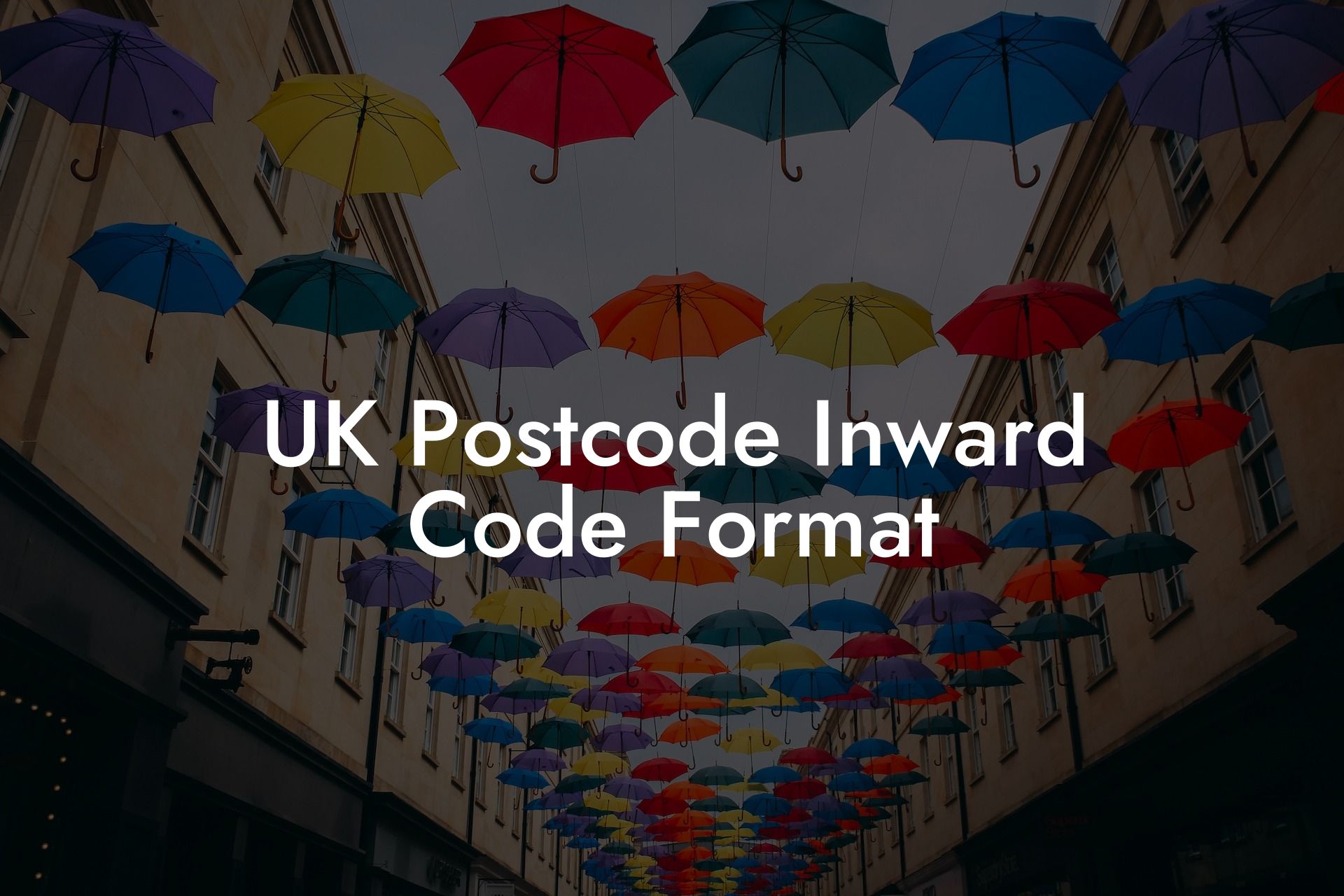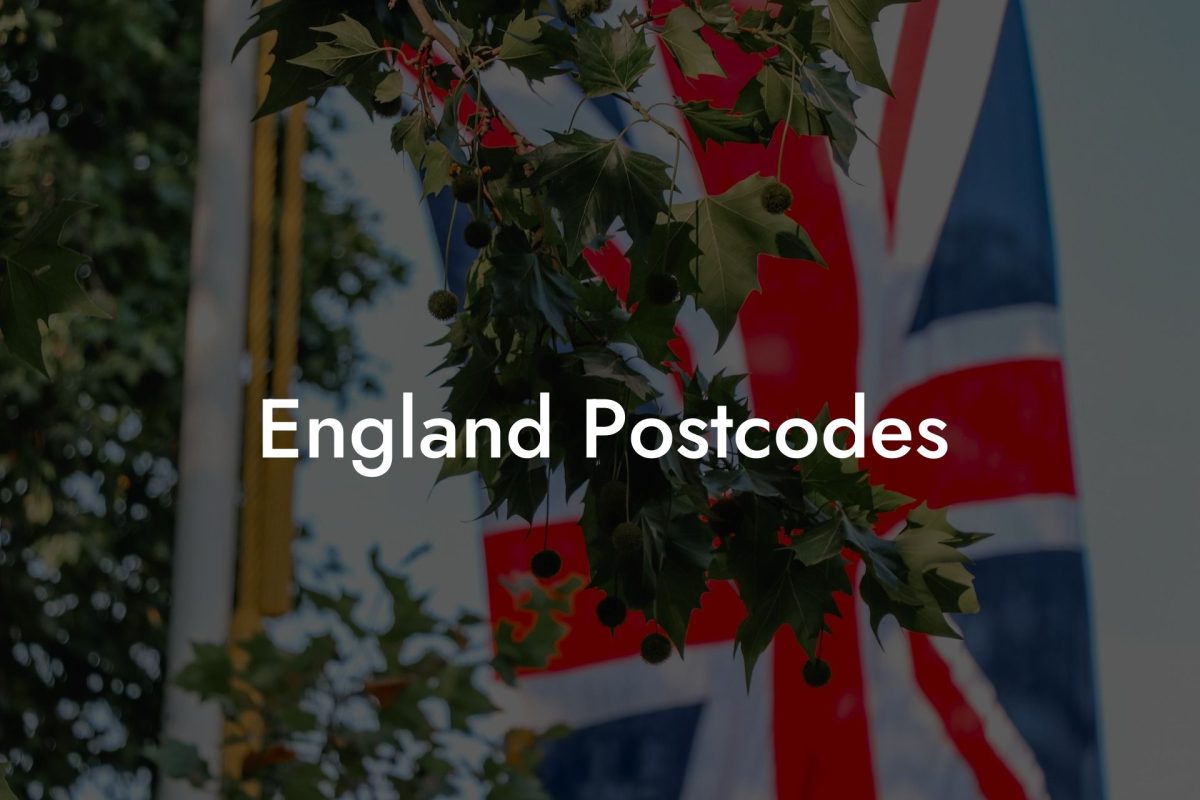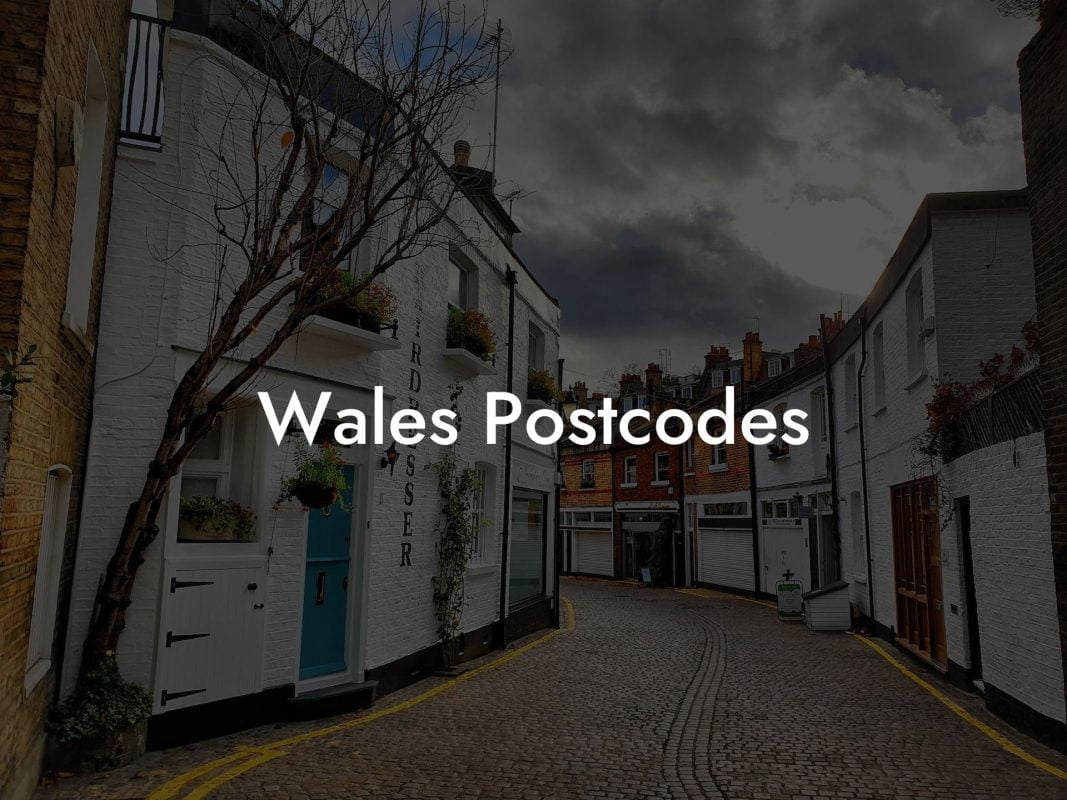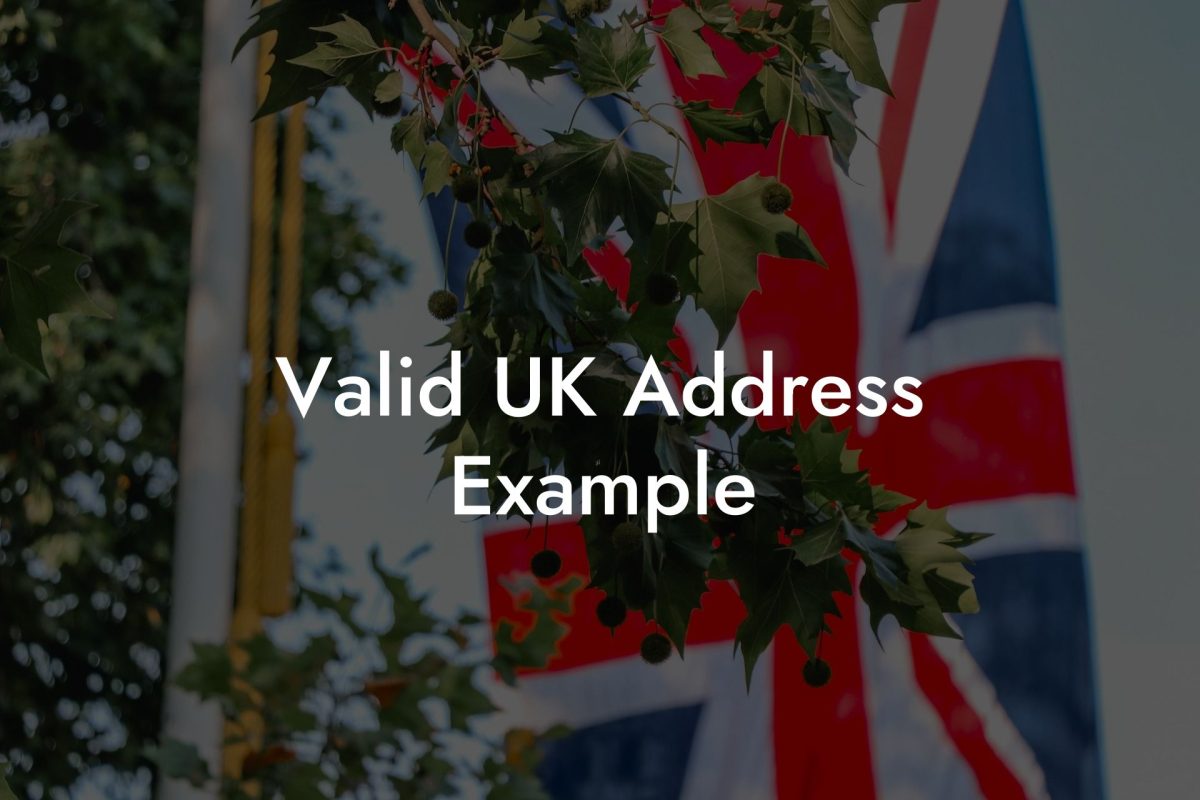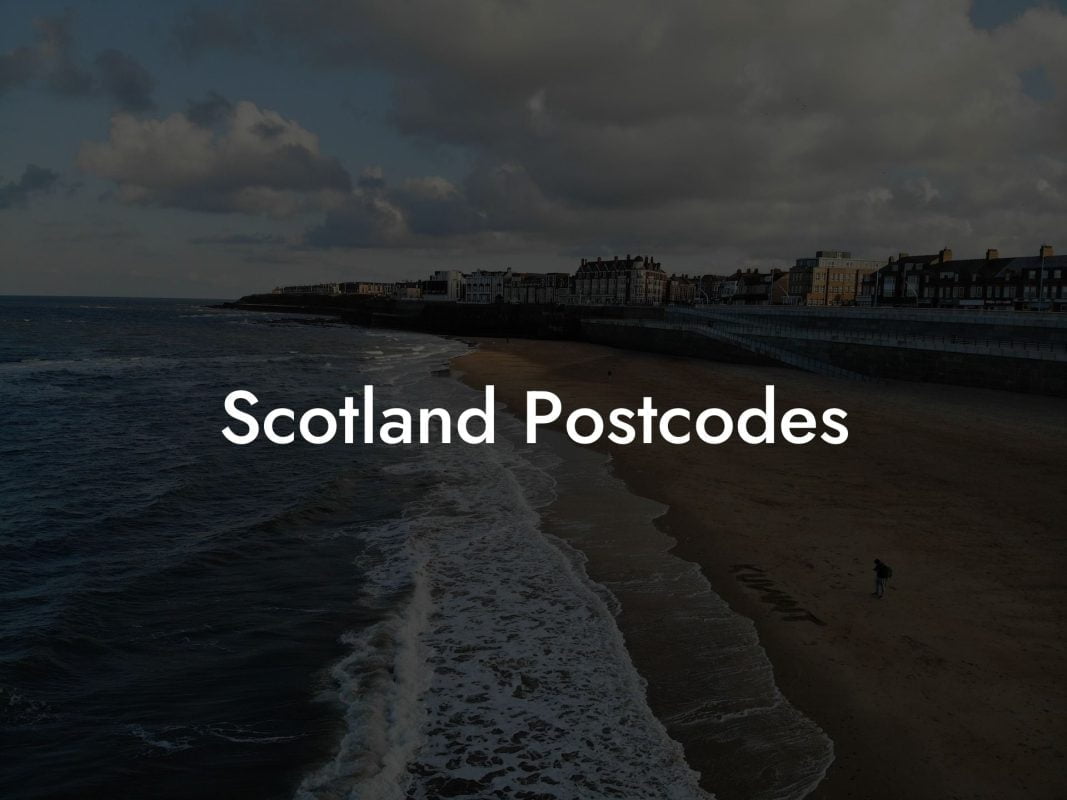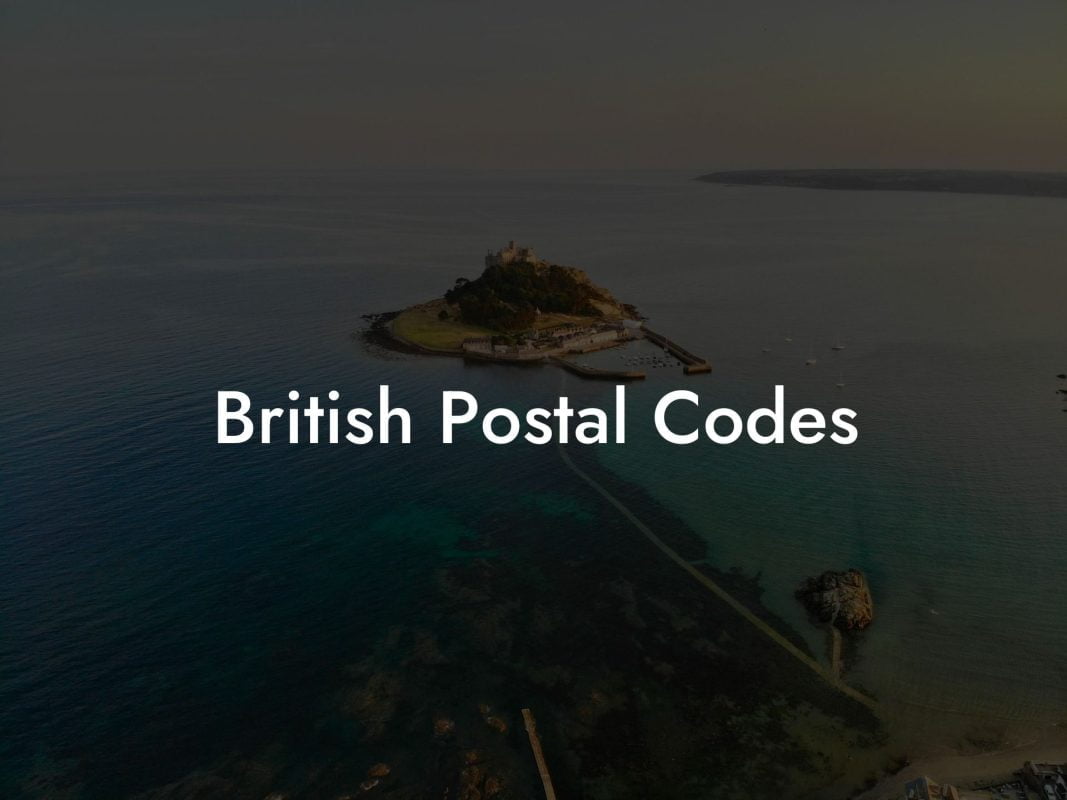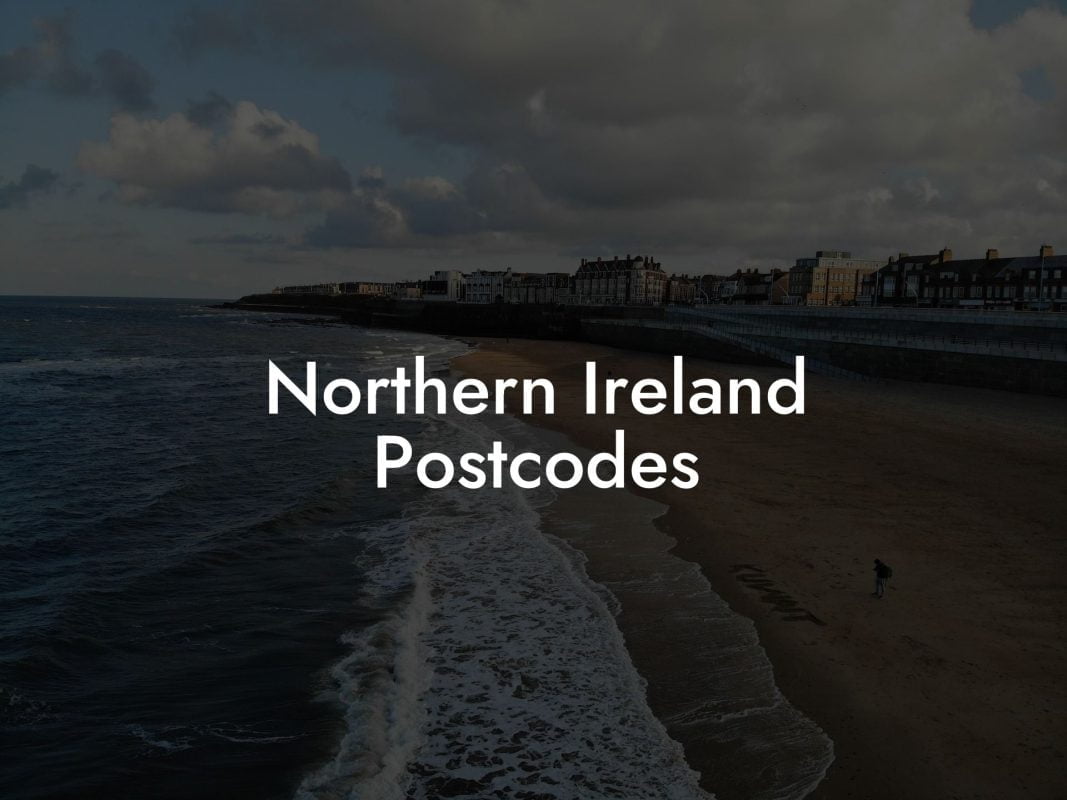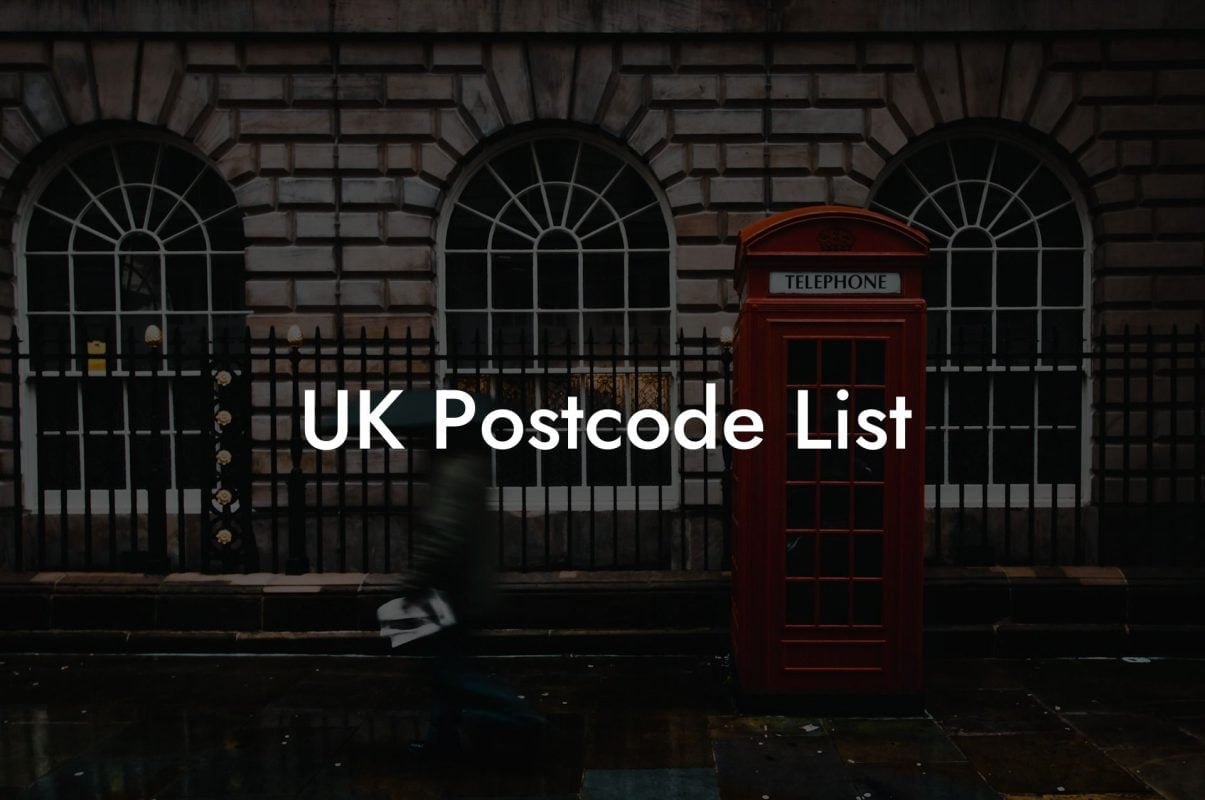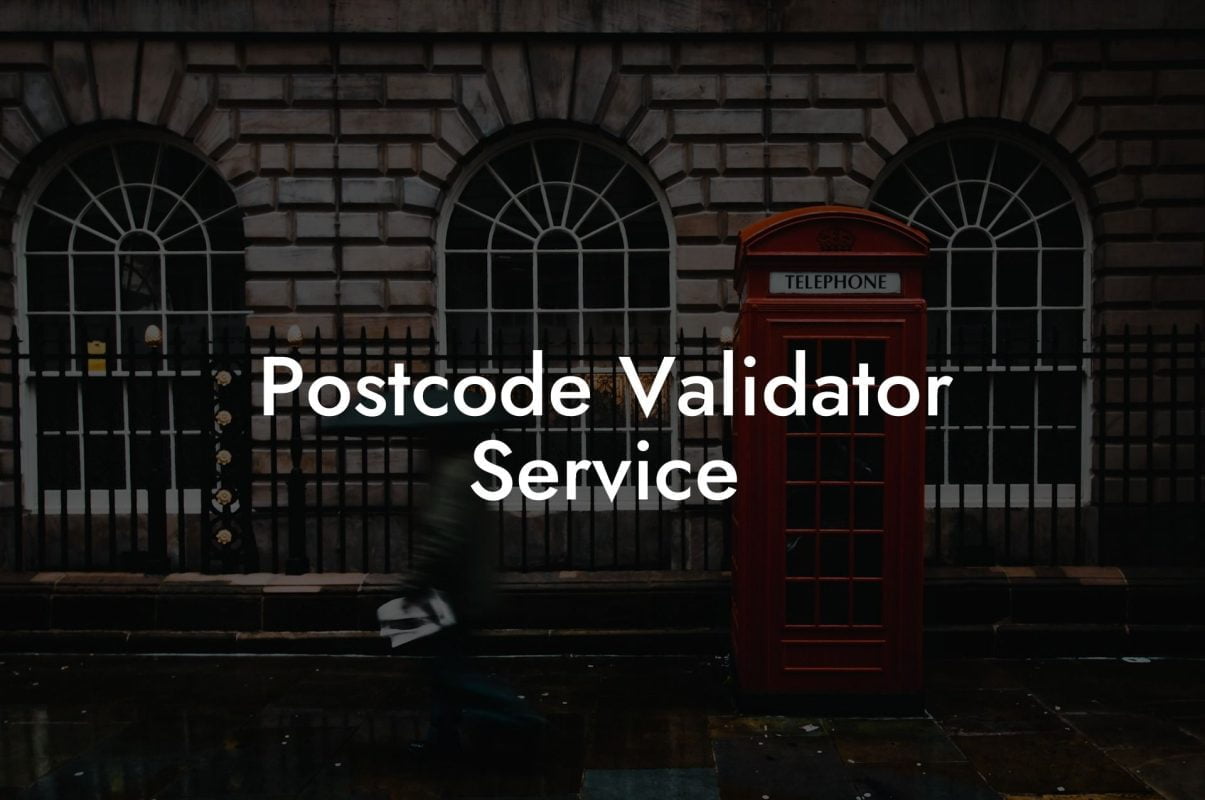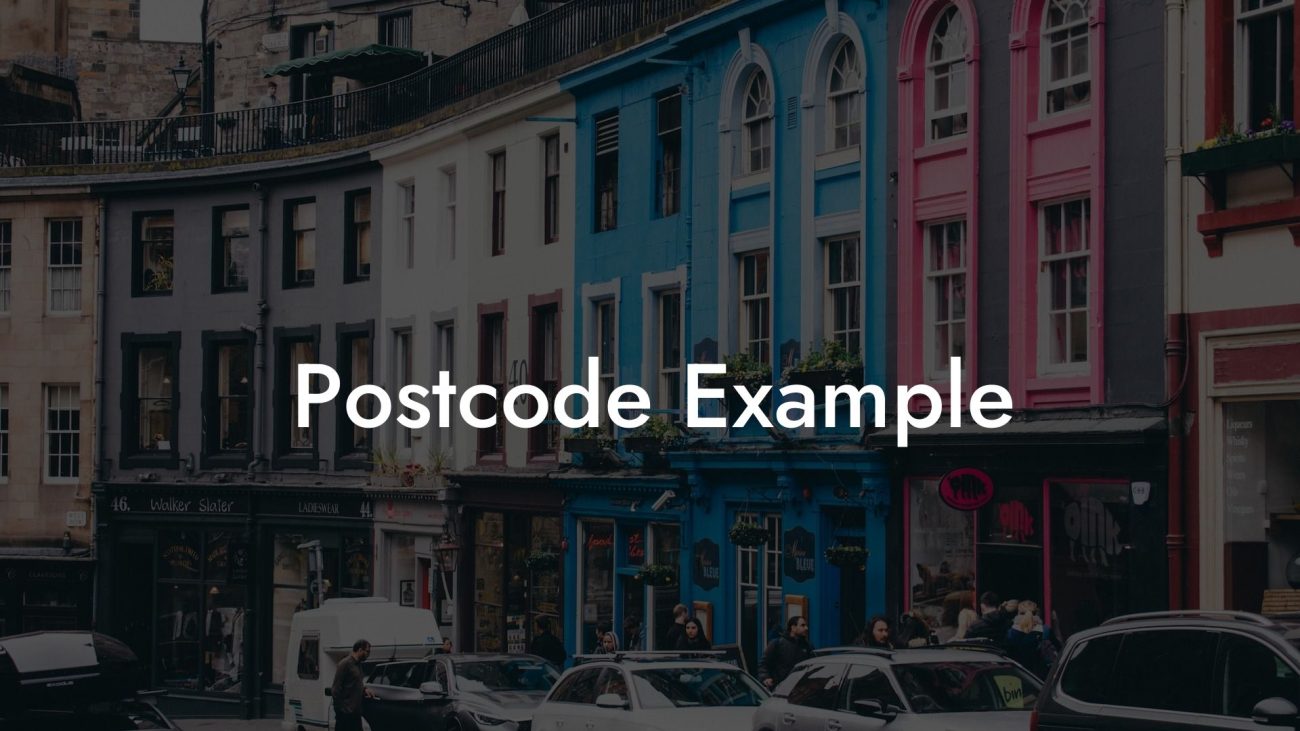Deciphering the Inward Code
In the labyrinth of the UK's postal system, the inward code is the final and crucial piece guiding mail and services to their exact destination. This part of the article sheds light on the inward code, detailing its structure, significance, and how it revolutionizes precision in addressing and services. As we delve into the world of these last few letters and numbers, we reveal the sophistication behind the system that powers the United Kingdom's postal and service industries.
Are you working on a Product, Service, App or Research Project that needs UK Postcode & location data? Get a free sample of our UK Postcode Database today. Find out more →
UK Postcode Inward Code Format Table of Contents
The Structure of the Inward Code
The Importance of Inward Code Format
Evolution of the Inward Code Format
Understanding Inward Code Variations
Challenges and Solutions in Inward Code Usage
UK Postcode Database: Your Partner in Precision
The Structure of the Inward Code
Defining the Inward Code
The inward code, the second half of a postcode, follows the outward code and is separated by a space. For example, in 'SW1A 1AA,' '1AA' is the inward code. It consists of a numeric sector followed by two alphabetic characters, pinpointing an address within the postal district to an astonishing level of accuracy.
Components and Their Roles
- Sector: The first digit in the inward code represents the postal sector. This number narrows the location down to a smaller geographic area within the outward code's district.
- Unit: The final two letters in the inward code are the most precise, often representing a group of addresses, a single street, or even one side of a street.
The Importance of Inward Code Format
Beyond Mere Numbers and Letters
The inward code might seem like a small part of the postcode, but its role is monumental. It ensures that every parcel, letter, and service reaches the right doorstep, enhancing the efficiency and reliability of deliveries and services across the UK.
Critical for Businesses and Services
For businesses, understanding the inward code format is vital for logistics, planning, and customer service. It's also crucial for emergency services, guiding responders to precise locations when every second counts.
Evolution of the Inward Code Format
Historical Overview
Since the introduction of postcodes in the UK, the inward code has been refined to keep up with the growing demand for more precise addressing. Its evolution reflects the increasing complexity and density of urban development and the need for more sophisticated systems to manage it.
Adapting to Change
As new areas develop and the landscape of existing ones change, the inward code system adapts, providing continually updated, accurate data for users and services.
Understanding Inward Code Variations
Urban vs. Rural Differences
Inward codes in urban areas tend to represent smaller groups of addresses due to higher density, while in rural areas, they might cover broader regions. Understanding these variations is key to effectively using the codes for planning and services.
Special Cases
Certain high-profile locations, like government buildings or large organizations, may have unique inward codes, reflecting their significance and need for direct, precise access.
Challenges and Solutions in Inward Code Usage
Accuracy and Misinterpretations
Errors in using or interpreting inward codes can lead to misdeliveries and inefficiencies. Access to accurate, up-to-date data is essential for avoiding these pitfalls.
Keeping Up-to-Date
Regular updates to the inward code database are crucial as new developments arise and changes occur. Businesses and services must stay informed to maintain the accuracy and reliability of their operations.
UK Postcode Database: Your Partner in Precision
The UK Postcode Database is your ultimate resource for up-to-date, accurate inward code data. Our comprehensive database is meticulously maintained and designed for easy integration into your products, services, or apps.
Why Our Database?
- Unrivaled Accuracy: We provide the most current and precise inward code data, ensuring you can rely on the information for your operations.
- Seamless Integration: With formats like CSV, SQL, and XLS, incorporating our data into your systems is effortless.
- Cost-Effective Solution: One single payment gives you access to our extensive database, free from ongoing fees or licensing complications.
Ideal for Diverse Needs
Whether you're managing deliveries, planning services, or conducting research, the UK Postcode Database offers the detailed inward code data you need for success.
Mastering the Art of Precision
The UK postcode inward code is a marvel of precision, guiding countless services to the exact locations they're needed. Understanding and utilizing this format effectively is essential for anyone operating in the UK's complex geographic landscape.
With the UK Postcode Database, you have a partner in precision, providing the detailed, accurate data you need to enhance your products, services, and research projects. Choose us for your UK postcode needs and navigate with confidence and clarity. Your journey to unmatched accuracy and efficiency starts here.
Frequently Asked Questions
What Is a UK Postcode Inward Code?
A UK postcode inward code is the second half of a postcode that follows the space. It typically consists of a single digit (the sector) followed by two letters (the unit), aiding in precise mail sorting and delivery.
How Is the UK Postcode Inward Code Structured?
The inward code is structured to include a sector number that identifies a specific geographical part within the district, followed by two unit letters that pinpoint the exact delivery point.
Why Is the Inward Code Important in the UK Postcode System?
The inward code is crucial for refining the delivery area to a small group of addresses or even a single address, ensuring mail and services are directed accurately and efficiently.
How Specific Can a UK Postcode Inward Code Get?
A UK postcode inward code can be very specific, often identifying a particular side of a street, a single building, or a specific part of a larger complex.
Can One Inward Code Cover Multiple Addresses?
Yes, one inward code can cover multiple addresses, but it is designed to narrow down the delivery area significantly compared to the outward code.
How Are UK Postcode Inward Codes Assigned?
Inward codes are assigned by Royal Mail to efficiently organize the final sorting and delivery of mail within a district, based on geographic and operational considerations.
Do UK Postcode Inward Codes Ever Change?
Changes to inward codes are relatively rare but can occur due to significant redevelopments, changes in address organization, or to improve delivery efficiency.
What's the Difference Between an 'Outward' and an 'Inward' Code in UK Postcodes?
The 'outward' code (the first half of the postcode) identifies the broader area and district for initial mail sorting. The 'inward' code (the second half) provides the detail needed for the final sorting and delivery.
Are UK Postcode Inward Codes Unique to Each Location?
While not unique to each address, inward codes are specific to small geographic areas, helping to ensure mail is delivered to the correct vicinity.
How Do UK Postcode Inward Codes Support Efficient Mail Delivery?
Inward codes allow for precise sorting of mail at local delivery offices and guide postal workers to the exact location, streamlining the final steps of the delivery process.
What Are the Geographic Elements of UK Postcode Inward Codes?
Geographic elements include the sector number indicating a smaller area within the district and the unit letters pinpointing the specific delivery point.
How Often Are UK Postcode Inward Codes Updated?
Inward codes are updated as needed to reflect changes in urban development, population distribution, or operational needs.
What Common Mistakes Should Be Avoided When Using UK Postcode Inward Codes?
Common mistakes include mixing up letters and numbers, omitting the space between the outward and inward codes, and using outdated or incorrect inward codes.
How Do UK Postcode Inward Codes Impact Online Shopping and Deliveries?
Accurate inward codes ensure that online orders and deliveries are directed to the precise location, enhancing operational efficiency and customer satisfaction.
Can Businesses Request Changes to Their UK Postcode Inward Codes?
Businesses generally cannot request changes to inward codes as they are part of a standardized system managed by Royal Mail for nationwide consistency.
What Are the Legal Implications of Incorrect UK Postcode Inward Code Usage?
Incorrect inward code usage can lead to misdelivery, affecting legal, financial, or personal matters, especially for time-sensitive or critical documents.
How Are UK Postcode Inward Codes Used Beyond Mail Delivery?
Beyond mail delivery, inward codes are used for precise location services, emergency response, demographic analysis, and various planning and administrative purposes.
What's the Future of UK Postcode Inward Codes?
The future may involve enhanced technology for even more accurate sorting, dynamic updates for fast-changing areas, and greater integration with digital services.
How Do I Find the Correct UK Postcode Inward Code for an Address?
You can find the correct inward code using Royal Mail's online postcode finder, various address lookup services, or through local postal services and directories.
Are There Any Unique or Notable UK Postcode Inward Codes?
Some inward codes are notable for covering high-profile locations, unique address formats, or being associated with historical or cultural landmarks.
How Can Residents and Businesses Ensure Their UK Postcode Inward Code Is Accurate?
Regularly verify your postcode using official tools like the Royal Mail's postcode finder and ensure any correspondence or registration uses the correct and current postcode.

